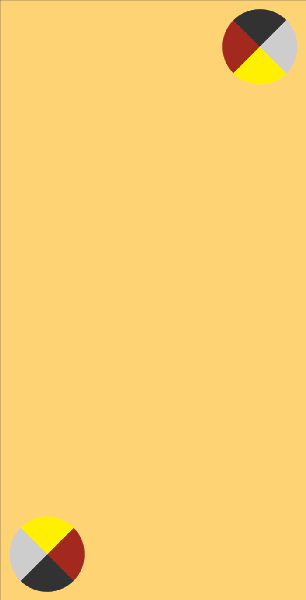Due Monday, November 13
Two types of equations we solve in this class are rational equations and radical equations (HOT topic standard 7). Sometimes it can be a bit tricky finding the standard 7 question on your HOT topics question paper. Each question paper has one question that asks you to solve a rational or radical equation.
For this week’s group assignment, group members will look back at their old HOT topics question papers. As a group, select two standard 7 problems from your group’s old question papers: one asking you to solve a rational equation and one asking you to solve a radical equation. Solve both of these questions as a group using the 6-point problem-solving framework. You may wish to refer to examples in the workbook.
The secretary’s post should include:
- the 6 steps for the rational equations problem (you may include a link to a photo of hand-written work),
- the 6 steps for the radical equations problem (you may include a link to a photo of hand-written work),
- the names of the group members who participated,
- the title Week 11 group [n] post (where [n] represents your group number),
- the category Week 11 group post.





Recent Comments